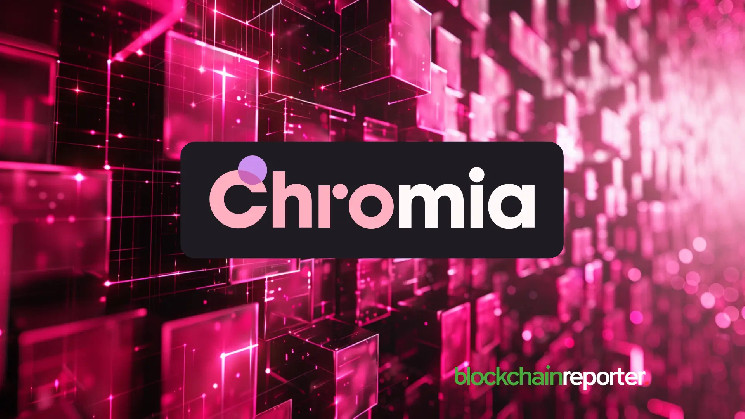Chromia, an L1 relational blockchain forum that uses a modular agenda, recently announced its plan for an exclusive launch. According to the platform, it plans to release the relational blockchain ecosystem called MVP Mainnet on July 16e to indicate the origins of the local CHR token. In addition, the effort will also strengthen the foundations of the Chromia network.
Chromia is planning July 16 as the date for the release of its MVP Mainnet
The company added that this will enable the bridge of the current CHR token to the MVP Mainnet. Previously, the issuance of the respective token was carried out as ERC-20 and BEP-20 on Ethereum together with BNB Chain. The MVP Mainnet additionally takes into account the staking delegation procedure, payouts to providers and reimbursement of network hosting costs.
This paves the way for a blockchain that offers an improved user experience, apart from maintaining its decentralized and permissionless nature. For example, consumers can start using dApps without even owning any crypto assets. Chromia has reportedly acquired an important position in the market. It reportedly raised up to $12 million through public IEO and private sales in 2019.
In addition, the platform provides solutions for various use cases, such as gaming, NFTs, RWAs and DePIN. The platform’s relational blockchain is an exclusive blockchain that takes into account structured statistics in connected relational tables. Chromia’s founders, Henrik Hjelte and Alex Mizrahi, have played prominent roles since the industry’s inception. They reportedly co-founded one of the first Bitcoin wallets. Moreover, they wrote colored tokens, white papers and so on.
The project provides a procedure for delegation of strikes, payouts to providers and payment of network hosting fees
With the launch of MVP Mainnet, the core features of the CHR token will begin. They play an integral role in the security and operation of the network. They take into account reimbursable network hosting costs and payouts to providers. The MVP Mainnet will address all of these things. Henrik Hjelte stated that they realized the potential of integrating relational databases with blockchain. This inspired the creation of Chromia.
He added that the idea of the relational blockchain was turned into reality several years later. In addition, Alex Mizrahi said that Chromia joins the blockchain architecture and the concepts of database theory and cloud computing. According to him, this provides a complete spectrum of tools needed for a better user experience.

